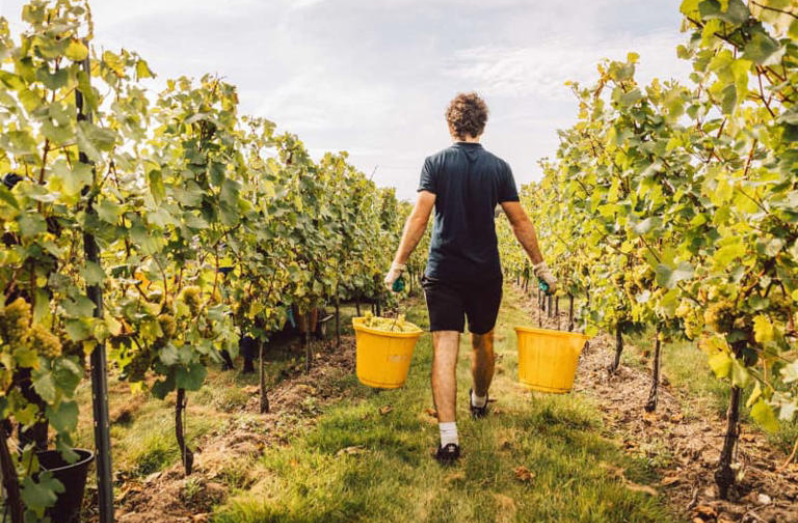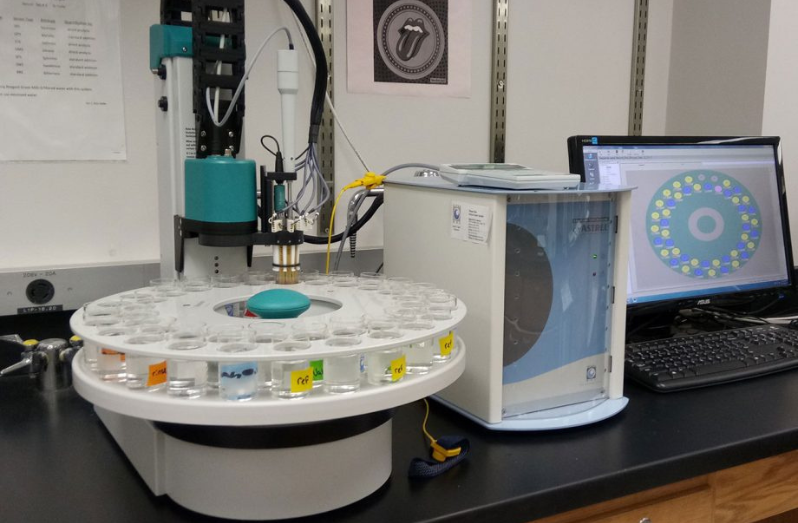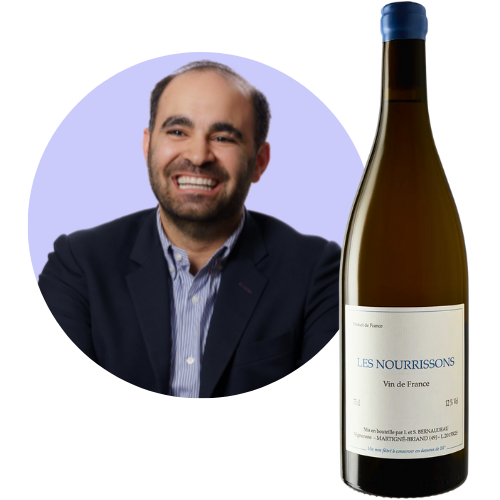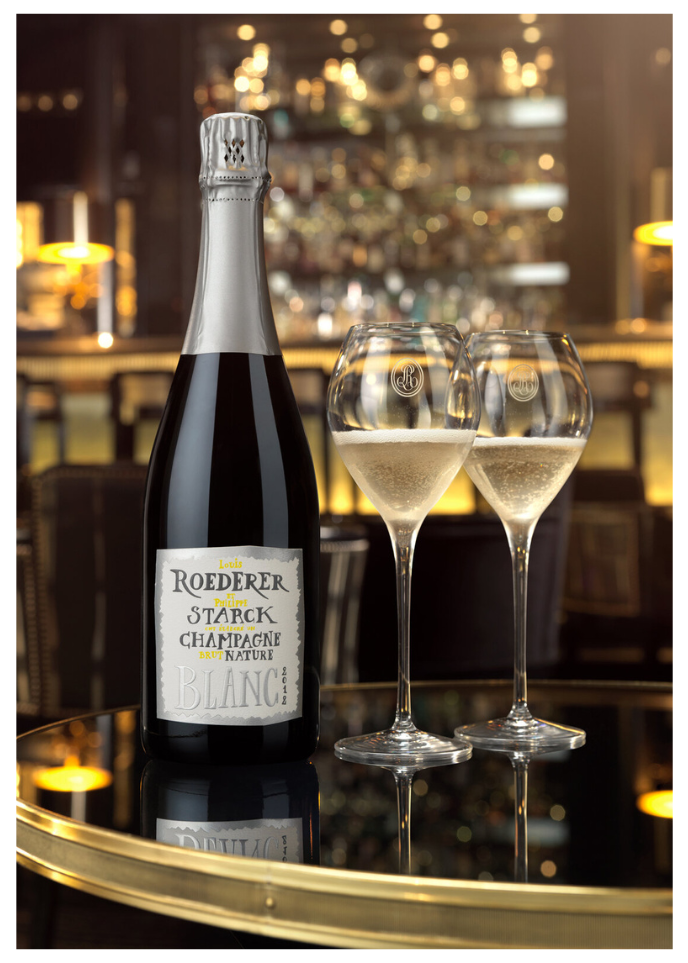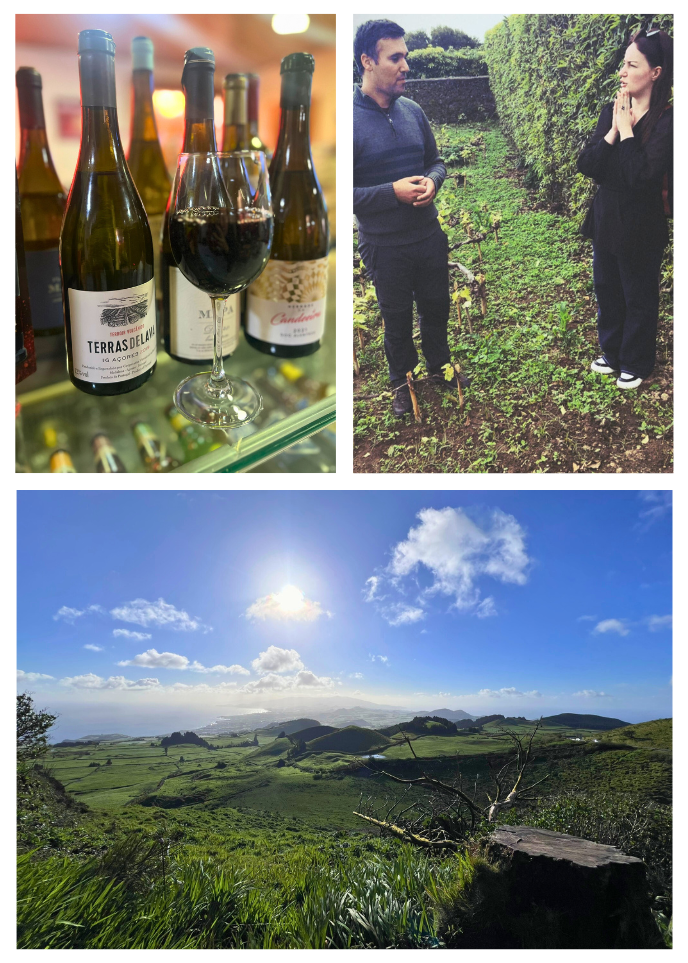Yet, the challenges continue. Limited land availability and rugged terrain restrict the expansion of vineyards, forcing growers to make do with marginal areas. It's a delicate dance between environmental preservation and viticultural pursuits.
Economically speaking, Azorean wineries are navigating turbulent waters, too. With small-scale production and limited market access, profitability remains elusive. Navigating the regulatory frameworks governing viticulture and wine production is no easy feat. Often, mainland interests take precedence, leaving Azorean winemakers feeling somewhat second-class.
But from behind the storm clouds, there shines a ray of hope. Across Sao Miguel's unforgiving terrain, traditional wineries are beacons of resilience, where growers confront these challenges with unwavering determination. Through unconventional cultivation techniques and diversification of products, they navigate the storms, emerging stronger and more resilient.
The Mysteries of Azorean Wine Production
Located among the landscapes of southern Sao Miguel lies Manuel Francisco Simas Rainha, a family-owned winery that embodies the spirit of resilience and innovation. Established in 1983, this quaint vineyard in Vila Franca do Campo boasts a diverse portfolio, including wines, beers, and spirits. With only 2,500m2 of land at their disposal, Manuel Rainha has become a cornerstone of quality and craftsmanship.
As I stepped foot onto Manuel Rainha’s sun-kissed vineyards, I was greeted by Nuno whose passion for wine and spirits was contagious. His enthusiasm bubbled over during the tour as he shared tales of the industry’s history.
Nuno has devised ingenious methods to overcome the obstacles that plague the industry. With limited sunshine jeopardising cultivation, Nuno has adopted innovative techniques to maximise the potential of his vineyard. Positioning the vines horizontally, he shields them from the ferocious salty winds sweeping across the island.
As I listened to Nuno's plans for the future, it became clear that Azorean wineries are ready for a remarkable revival despite recent years’ misfortunes. With a keen eye for innovation and a steadfast commitment to quality, Nuno is paving the way for a bright future in the industry.
The Last Sips of Sao Miguel’s Iconic Vinho
Among the array of wines sampled during Nuno’s tasting, one stood out as a poignant reminder of the island's vinicultural heritage: Vinho de Cheiro (‘wine of the nose’) Terras de Bruma, a cherished relic of Sao Miguel, and the wine with which Manuel Rainha started his winemaking history with.
This aromatic, low-alcohol (only 9-9.5%) wine that was once a staple of the island’s culture is now facing extinction. Made from naturally resilient Vitis Labrusca species (‘the fox grape’), despite the EU-wide ban, it remains a nostalgic memory for older generations of islanders. It’s still widely used in gastronomy, adding aroma and a splash of colour to local delicacies like octopus and red meat. Nuno sadly acknowledges its impending demise, marking the end of an era.
The tasting also featured a delightful array of liquors crafted from islands-grown fruit, including tangerines, wild berries, pineapples, and Nuno's personal favourite, passion fruit, alongside honey-based liqueurs, showcasing the diverse bounty of the Azores.
We concluded the tasting with a unique Portuguese experience: um cafe con cheirinho – an espresso with a splash of aguardente. Sipping on this aromatic blend of robust coffee and a subtle kick of the spirit was a perfect finale to an evening of celebrating Sao Miguel’s traditions.
A Toast to the Azores
As I (only slightly tipsy) bid farewell to Nuno and his picturesque vineyard, one thing becomes clear – the Azorean wine industry may face its fair share of challenges. Still, it's a story of passion and ingenuity. So, the next time you raise a glass of wine, why not make it an Azorean one? After all, there's nothing quite like sipping on a taste of paradise. Cheers to that!

